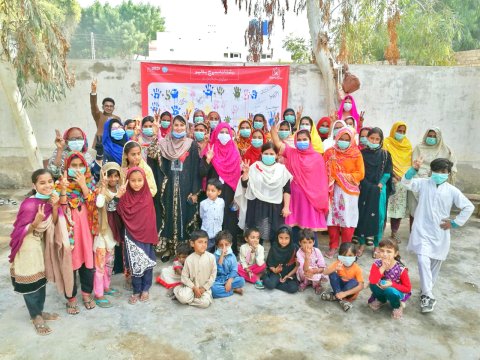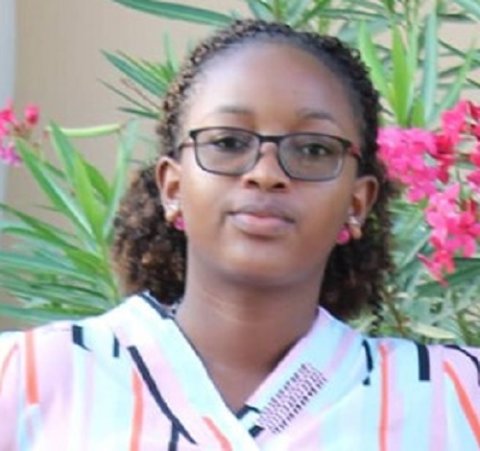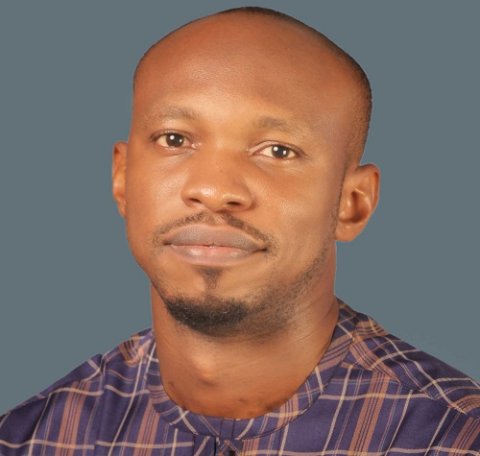World AIDS Day: Early Career Grant research into HIV and AIDS

For World AIDS Day, we spoke to a number of our Early Career Grant awardees about why they chose to focus on AIDS and HIV in their Early Career Grant research, and what this year’s theme of ‘Equalize’ means to them.
HIV Service Delivery During the COVID-19 Pandemic: Focus Group Discussions with Stakeholders and People Living with HIV in Tanzania

"Despite the many years of research on HIV/AIDS, a lot is still needed to be done of HIV/AIDS and the current wicked problem of HIV drug resistance. To achieve the current WHO ambitious goal of 95-95-95 by 2030 it is essential to equalize access to essential HIV services particularly for children, key populations, and people in prisons.
"As a young researcher and award winner of the RSTMH 2022 Early Career Grant programmer with a research title ‘HIV Service Delivery During the COVID-19 Pandemic: Focus Group Discussions with Stakeholders and People Living with HIV in Tanzania’ I would like to see the obtained research result data pave way to equalized access of HIV services and in turn move a step closer to the 95-95-95 goal by 2030 in Tanzania."
Mary Kilapilo
NIHR/RSTMH Early Career Grant awardee 2022
Co-creation of integrated disclosure intervention for children living with HIV in Nigeria (CARING Study)

"Children living with HIV (CLHIV) continue to face limited access to diagnosis and life-saving medicines resulting in far too many lives of children being blighted by HIV-related morbidity and mortality. People-centered approaches are urgently needed to expand access to services to children and other populations that are being left behind.
"The CARING study, based in North-central Nigeria, seeks to improve outcomes for CLHIV, by empowering their caregivers, healthcare workers and other stakeholders within affected communities to create approaches that will foster open communication for better care of the child. We hope to generate evidence that will contribute to policy on age-appropriate health communication with CLHIV."
Dr Chukwuebuka Ugwu
NIHR/RSTMH Early Career Grant awardee 2022
Stakeholders' Perception on the effectiveness of engaging Faith-based organization in reaching men with HIV/AIDS testing and treatment services in Malawi

The World Health Organization (WHO) notes that men are less likely to know their status, to be on treatment and to be virally suppressed. In order to meet the global HIV goals, there is a need to "EQUALISE" access to HIV services by implementing programs that specifically target men and boys.
Religious leaders or faith-based organizations (FBOs) have great influence in "EQUALIZING" HIV/AIDS efforts as they are always in close and regular contact with all age groups in a society and their word is respected.
John Limited
NIHR/RSTMH Early Career Grant awardee 2022
